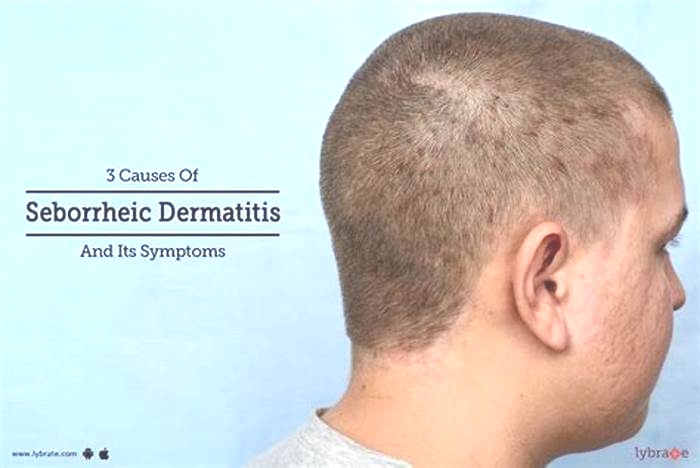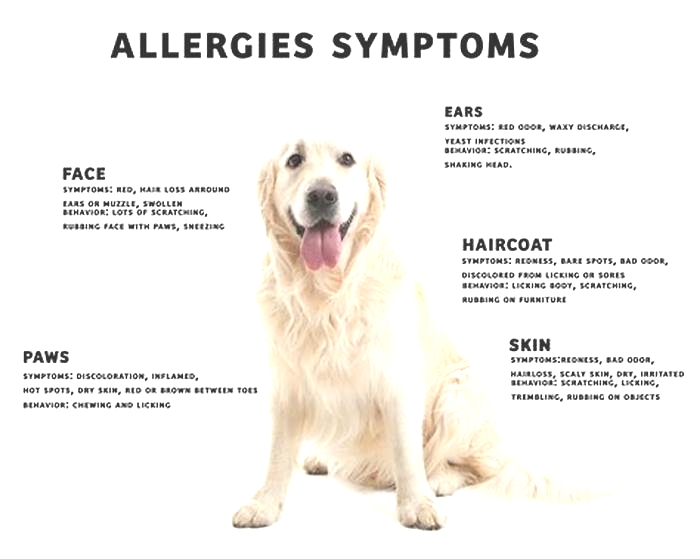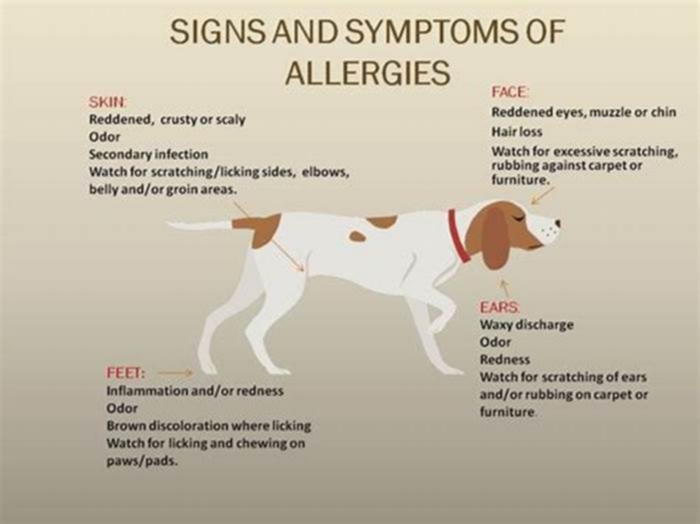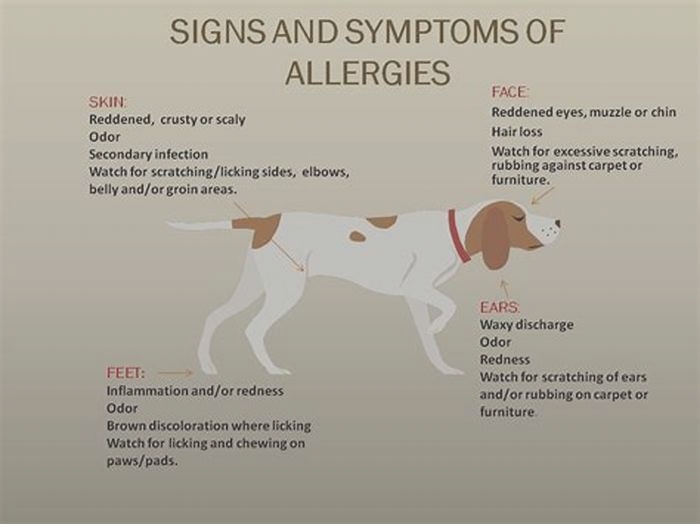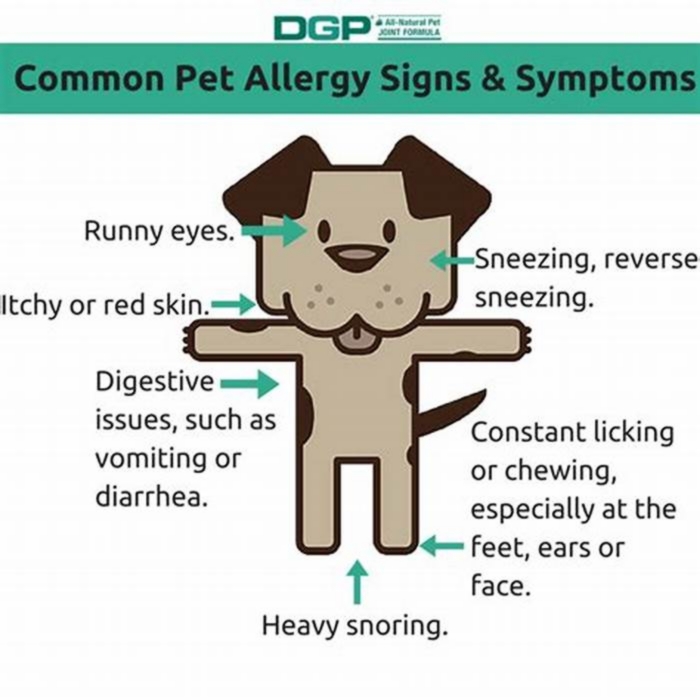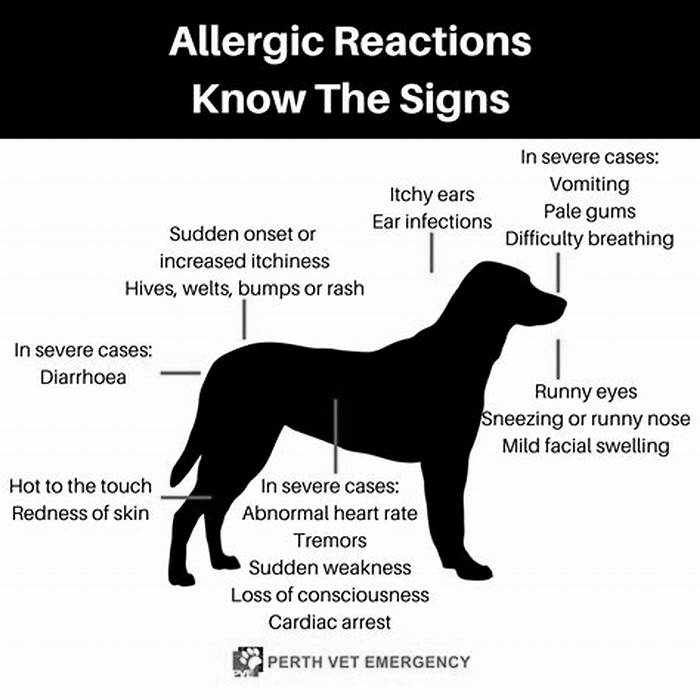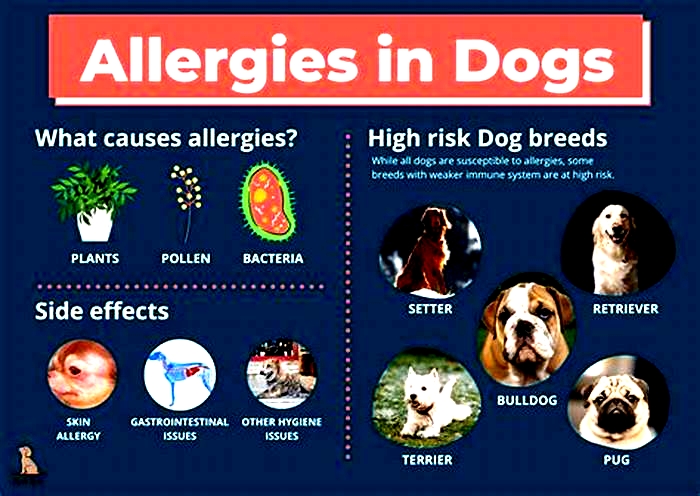Why am I suddenly allergic to my dog
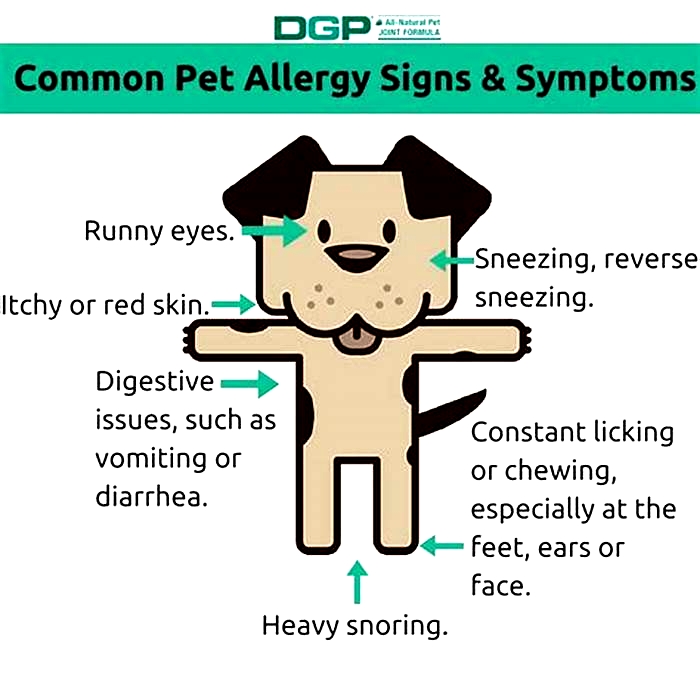
3 Reasons Why You Are Allergic to Your Dog All a Sudden
3 Reasons Why You Are Allergic to Your Dog All a Sudden
For pet owners, it can be one of their worst nightmares when they develop an allergic reaction to their dog all a sudden. Here are three common reasons that may explain why this is happening.
Being Certain if it is Your Dog
First, you should check if the allergic reaction is really due to your dog. We humans can be allergic to all kinds of things so there is always a possibility that your symptoms are triggered by something else. It could, for example, could be caused by mold that has recently formed in the house.
The allergic reaction might also be due to something thats being transported home via your dogs coat. In the spring and summer, pollen might get trapped in the dogs fur and get released when you get back home. It would be worthwhile doing a close examination of your home to see if theres anything new that may have caused the allergy.
Development of Allergies
Unfortunately, allergies can develop anytime during a persons life. Allergies are unpredictable and there isnt a way of knowing how long they last.
For households with dogs, one might suddenly develop allergies to things like a dogs dander, urine, or saliva. For mild cases, it might be possible to manage this by grooming your dog regularly and getting a device such as a HEPA air purifier. For more severe cases, a cruel but necessary conversation might be required to see if it possible for you and your dog to live in the same space.
Check it isnt Something Else
In addition to making sure that the allergy is not caused by something else, you should make sure that the allergy symptoms are also not caused by other forms of sickness.
Stories from Pet Owners
Here are a few stories from fellow pet owners who also experienced sudden allergy issues with their dogs.
Story #1 Severe Allergies to My Two Dogs
Ive never had any allergy to dogs until recently. I read that allergies can randomly develop in adulthood. You could go your whole life without being allergic to anything and suddenly you wake up and find that you are allergic to that one thing. Unfortunately, my worst nightmare came true and I am now seemingly allergic to my two lovely dogs. I am specifically allergic to the dander. My eyes become itchy and starts to swell shut as soon as the allergy symptoms kick in. Ive tried most of the major allergy pills in the market with no effect.
Story #2 Sudden Allergy to Dog Dander
I have always had moderate hay fever issues but never allergies. I have a Lhasa Apso and she is turning one year old this week. Ive had zero allergy issues with her the past year. Recently, Ive noticed that I am somewhat wheezy and sneezy. My throat and sinus also feel congested. I think I am allergic to her dander. My face feels very itchy when I rub my face against her coat.
Story #3 Allergic to My Pup
We brought home a beautiful English Cocker Spaniel three months ago and everything was great until yesterday. Ive suddenly developed severe allergic symptoms and this tends to happen when my puppy comes near me. Ive had two family dogs before and never had allergic issues with them despite being around them for their whole life. Has anyone experienced something similar? I feel quite down given it hasnt been that long since I brought my puppy home. I am hoping this is temporary and my allergy symptoms will disappear at some point.
Disclaimer: The content is not intended to be a substitute for professional veterinarian advice, diagnosis, or treatment. Always seek the advice of a veterinarian when in doubt.
Published:
01/29/2023by
My Pet Child Team|
Dog HealthAm I allergic to my dog?
We include products we think are useful for our readers. If you buy through links on this page, we may earn a small commission. Heres our process.
Medical News Today only shows you brands and products that we stand behind.
Our team thoroughly researches and evaluates the recommendations we make on our site. To establish that the product manufacturers addressed safety and efficacy standards, we:- Evaluate ingredients and composition: Do they have the potential to cause harm?
- Fact-check all health claims: Do they align with the current body of scientific evidence?
- Assess the brand: Does it operate with integrity and adhere to industry best practices?
People who are allergic to dogs may experience a rash, hives, or watery eyes when exposed to dog saliva or dog dander.
In many cases, symptoms of a dog allergy are mild, and a person may still be able to live with a dog if they can manage their symptoms. Some home remedies can reduce symptoms. However, the only truly effective way to eliminate dog allergies is to avoid exposure to dogs.
In this article, we look at symptoms of allergic reactions to dogs and ways to manage them, including home remedies and medical treatments.
Specific symptoms and when they occur depend on the severity of the allergy. People who have severe allergic reactions to dogs may experience symptoms soon after exposure, while those with more minor allergies may take longer to develop symptoms.
Symptoms include:
- a skin rash that is red or consists of small, red, raised bumps called hives
- nasal congestion
- a runny nose and sneezing
- itchy, red, and watering eyes
- coughing
- wheezing
- tightness in the chest and shortness of breath
If a person lives with a dog, it is difficult to make the environment allergen-free. Dog dander (dead skin cells) can linger in the air for a long time and can stick to household items, such as curtains, furniture, bedding, and carpets.
Hypoallergenic breeds of dogs shed less than others so they may be less likely to cause allergic reactions. However, some
The only sure way to eliminate dog allergies is by avoiding contact with dogs. However, if a person does spend time with dogs, the following home remedies may help them to manage symptoms:
- Using a saline sinus rinse. Rinse the nostrils using a mixture made of 3 teaspoons of salt (iodine free), 1 teaspoon of baking soda, and 8 ounces of warm water. Use an ear dropper to put the solution into the nostril or purchase a sinus rinsing device from a pharmacy or online.
- Plant supplements. Taking certain plant supplements, such as those containing rosmarinic acid, may reduce allergy symptoms according to a 2014 study.
Lifestyle tips that can reduce the impact of dog allergies include:
- avoiding touching eyes or face after contact with dogs
- washing hands with soap after contact with dogs
- avoiding close contact with dogs, such as hugging or kissing them
- using a vacuum cleaner designed to trap and contain airborne allergens
- cleaning the house, washing the bedding weekly, and keeping the house tidy
- cleaning more often during winter months
- restricting dogs to specific rooms or spaces
- keeping dogs out of the bedroom and off furniture
- bathing dogs every 1 to 2 weeks
- wearing a dust mask and gloves while cleaning or in areas with dogs
- brushing and cleaning dogs outdoors when possible
If anyone is considering bringing a dog into their home, they should do an allergy test or undertake a trial period before committing to this.
There are over-the-counter (OTC) and prescription medications available that can help reduce or resolve the symptoms for people who are allergic to dogs.
OTC remedies for dog allergies include:
Antihistamines
Antihistamine medications block histamine, a compound that helps initiate local immune responses and cause allergy symptoms. Popular OTC brands for long-term exposure may contain loratadine, cetirizine hydrochloride, or fexofenadine hydrochloride.
Antihistamines can be bought online or obtained on prescription from a doctor.
Nasal decongestants and nasal corticosteroids
These medications help reverse the inflammation caused by immune responses and relieve nasal congestion. Some nasal corticosteroids are now available without a prescription and can be purchased online.
Immunotherapy
An allergist (a specialist in diagnosing allergies) may treat severe or chronic allergy symptoms using immunotherapy, also known as allergy shots.
Immunotherapy involves injecting allergens into a person in gradually increasing amounts. These allergy shots help a person to build a tolerance to allergens. It usually takes several sessions over several months to complete immunotherapy.
Other treatments
Many people with pet allergies also have asthma, and exposure to the pet allergens can cause asthmatic episodes or worsen a persons symptoms. In these situations, a doctor may prescribe inhalable corticosteroids or bronchodilators that help keep the airways open.
Dogs produce a variety of proteins that cause allergies in some people. The highest concentrations of these proteins are in dog saliva, with lower amounts found in dander and urine.
Dander tends to build up on hair follicles, so dog hair usually carries a large number of allergens.
If a doctor thinks that a person may be allergic to dogs, they will refer them to an allergist.
In most cases, an allergist will use a skin-prick test to diagnose allergies.
During a skin-prick test, an allergist will put a droplet containing a tiny amount of dog proteins onto the skin. They will then make a small prick in the skin, allowing the mixture to enter the body.
Most people who are allergic to the mixture will have a response within 15 to 30 minutes.
Sometimes, an allergist will decide that an individual who thinks they are allergic to dogs is actually responding to other allergens commonly found on dogs or dog hair, such as dust or pollen.
People who are allergic to dogs can get relief from symptoms by avoiding dogs and places where there are dogs. Many people choose to manage their symptoms by making lifestyle adjustments, such as more frequent housecleaning, but this can be extremely challenging.
OTC medications, such as antihistamines and nasal decongestants, can also help a person reduce or manage their allergy symptoms.
People with more severe or chronic dog allergies should speak with a doctor about prescription medications and therapies that can help manage symptoms.
What Are Allergies? Symptoms, Causes, Diagnosis, Treatment, and Prevention
Your risk of developing allergies is higher if you:
- Have asthma
- Have a family history of asthma or allergies
- Are younger than 18
Children sometimes outgrow allergies as they get older. Its also not uncommon for allergies to go away and then return years later.
You may have more than one allergy. Children with food allergies, for instance, are as much as four times more likely to have other allergic conditions, including asthma, than those without
food allergies.
More than 100 genes are associated with allergies, although only one or two genes affect any given population. Some of these genes affect the immune response; others affect lung and airway function.
Allergic Reactions
Allergens are typically harmless substances that trigger an immune response and cause a reaction in people who are allergic. The allergic reaction occurs if the person inhales, touches, swallows, injects, or somehow comes into contact with the allergen. Allergic reactions can be mild, severe, or even life-threatening.
Normally, the immune system protects the body against harmful substances, such as viruses or bacteria. If you have allergies, your body responds to allergens as if they were invaders, explains Clifford Bassett, MD, a clinical assistant professor at New York UniversityLangone Health in New York City. Your body exaggerates the immune response. Thats what causes histamine release and other things that cause allergy misery.
Histamine also acts as a
neurotransmitterin the brain, sending messages between cells. It plays a key role in many different physiological functions, such as telling your stomach to produce acid to digest food or helping regulate your
sleep-wake cycle.
When your immune system reacts to an allergen, it produces an antibody called immunoglobulin E (IgE). The production of IgE is part of your bodys attempt to destroy the allergen and protect itself. Your blood vessels dilate and become leaky, so white blood cells that fight infection and other protective substances leave the blood vessels to attack the invader.
In the process, the IgE antibodies signal other cells to release certain chemicals, such as histamine, in the local tissue and blood stream. Too much histamine or excessive release in the body can cause an unwanted response that leads to skin, nose, throat, and lung irritation or more severe symptoms of anaphylaxis.
In this way, a normally protective process creates a cascade of what we know as allergy symptoms in response to harmless allergens.
There are other types of allergic reactions, such as delayed hypersensitivity reactions, which includes contact dermatitis from poison ivy or a nickel allergy these are mediated by T cells in the immune system rather than antibodies.
The most common allergens that trigger allergic reactions include:
- Pollen
- Dust mites
- Pet dander or fur
- Cockroaches
- Mold spores
- Foods (eggs, fish, milk, peanuts, tree nuts, wheat, soy, shellfish, and others)
- Insect stings or bites (from wasps, bees, mosquitoes, fire ants, fleas, horseflies, black flies, among others)
- Medicines, such as penicillin, aspirin (Vazalore), and others
- Latex
- Household chemicals
- Metals (especially nickel, cobalt, and chromates)
Seasonal Allergies
Certain allergies can strike at any time of year. Seasonal allergies, on the other hand, occur at times of the year when certain types of outdoor allergens are predominant.
You can have both, says Dr.Bassett.
And about two-thirds of people with seasonal allergies actually have year-round or persistent allergies.
Seasonal allergies are most often triggered by outdoor molds and pollen from trees, grasses, and weeds, such as ragweed. The allergic reaction occurs during the weeks or months when the plant pollinates.
Allergy triggers may vary depending on geographic location and climate, but relocating to avoid seasonal allergies generally doesnt help. Pollen and mold spores travel great distances, and people with allergies often develop sensitivity to other allergens in a different location.
Environmental factors, such as pollution and climate change associated with rising temperatures, may be contributing to a rise in allergies. Changes in the duration and intensity of pollen and mold seasons mean more people are exposed to allergens for longer amounts of time. Thats a longer period of time for your eyes and nose and throat to become symptomatic as a result,Bassett says.
In a 2015 survey of allergists, 63 percent of respondents felt climate change was causing an increase in allergic symptoms among their patients.

